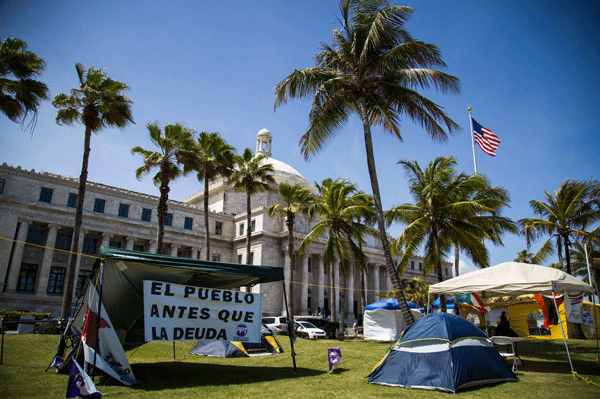
Puerto Rico is in trouble, after years of bad policies, mismanagement, excessive debt and bad luck.
Its economy has been shrinking or stagnant for a decade and the unemployment rate sits at nearly 12 percent. The commonwealth and its utilities have a debt of $73 billion, its public pension funds are woefully underfunded and one state agency has warned that the government could be forced to shut down soon because it might run out of money.
Lawmakers in Washington and San Juan need to come up with a plan that addresses the financial and economic problems of the territory, which is home to 3.6 million American citizens. The island’s difficulties also affect investors in the50 states who own the tax-exempt bonds issued by Puerto Rico’s government and utilities.
Once a growing manufacturing center, Puerto Rico began a long decline in the mid-2000s after federal tax incentives for businesses that produced goods on the island were phased out, prompting some employers and tens of thousands of workers to leave.
Puerto Rican leaders made the situation worse by not investing sufficiently in theeconomy and by borrowing excessively. Investors eagerly extended loans without properly analyzing the territory’s deteriorating financial health. They did so in large part because interest earned from Puerto Rican government bonds is exempt from federal and state income taxes.





